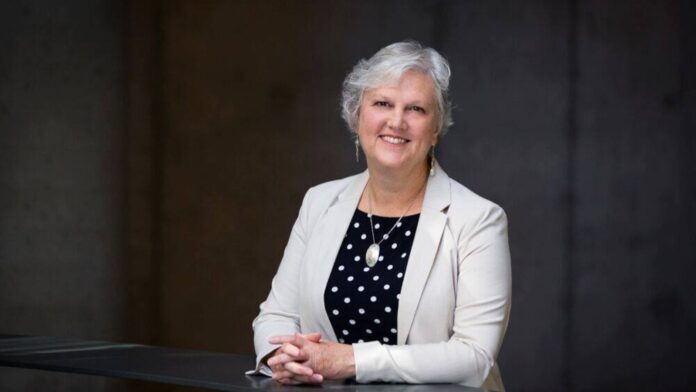One year after a report by British Columbia’s Child and Youth Representative on the horrific death of an Indigenous boy in care, the province is still working on an action plan for systemic changes to children and youth social services.
Dr. Jennifer Charlesworth released her report “Don’t Look Away” last July, outlining the failures of B.C.’s system that led to the torture and death of a 11-year-old boy in the care of extended family members.
The boy, who is given the pseudonym “Colby”, had complex medical needs. The report said that leading up to his death, Colby was isolated from medical professionals, his school attendance plummeted, and he wasn’t seen by his social worker for a period of seven months.
An Agreed Statement of Facts used during sentencing said the couple entrusted to care for Colby and his two siblings abused the boy and his middle sister repeatedly, and for prolonged periods of time, between Dec. 1, 2020, and Feb. 26, 2021.
Colby died four days after a Feb. 21st, 2021 assault that left him unresponsive.
The couple were each sentenced in 2022 to 10-years in prison for manslaughter, in addition to six-years each for aggravated assault.
Charlesworth said Colby’s story is not an outlier. She noted his death – and other cases of violence against youth in care – are the result of an “outdated, siloed, discriminatory” system.
The independent oversight office for children and youth said it received 6,437 reports of young people being harmed in 2023 and 2024.
One year after the “Don’t Look Away” report, Charlesworth said more needs to be done to protect youth in care.
“I want to acknowledge the incomprehensible grief and loss that this child’s family, those who loved him, and the communities he was connected to continue to experience,” said Charlesworth in a statement on Tuesday.
“I want to be able to tell them that we have learned and that things are better for children and families in B.C., but I need to see more change on the ground before I am able to do that.”
The report makes eight sweeping recommendations to overhaul the province’s approach to child and youth care in the short-term, while stressing that deeper changes will still be needed.
“Even if these recommendations were fully implemented, we would still be left with systems that are not designed to meet contemporary challenges; systems that are grounded in harmful colonial practices, power and inequality; and, systems that don’t work together to achieve good outcomes,” the report said.
The Ministry of Children and Family Development (MCFD) said in an update Tuesday the government is collaborating with Indigenous people and all partners to develop a child and youth well-being action plan and outcomes framework.
Minister Jodie Wickens told Vista Radio a draft of the plan is well underway, but she declined to offer any timeline for when the plan will be ready.
“This work is generational and it will take time,” said Wickens. “I understand people want it to move faster, but we really have to get it right, and we really have to get it right for Colby, and for the essence of the ‘Don’t Look Away’ report.”
The ministry said the government has made some improvements while developing the action plan. Those include added tools for oversight and tracking that make sure child or youth visits occur at least once every 90 days.
It said the ministry has increased its workforce by almost 20 per cent in the last two years.
The province has also signed a dozen agreements to allow First Nations to exercise more jurisdiction over child and family services.
Charlesworth acknowledged the progress the province has made on some of her recommendations, but said a number of areas need more attention – including staffing shortages.
She said demand continues to outstrip the current workforce capacity in many child-serving roles.
Wickens stated the province is focusing on recruitment and retention, noting a global workforce shortage has affected the social sector. She said the province is working to reduce the administrative burdens on service staff, but acknowledged that more work needs to be done.
The MCFD’s budget increased by $321.6 million to more than $2.4 billion for 2025-26, and the ministry says more than 81 per cent that goes directly to programs and services.
Something going on in the Prince George area you think people should know about?
Send us a news tip by emailing [email protected].






